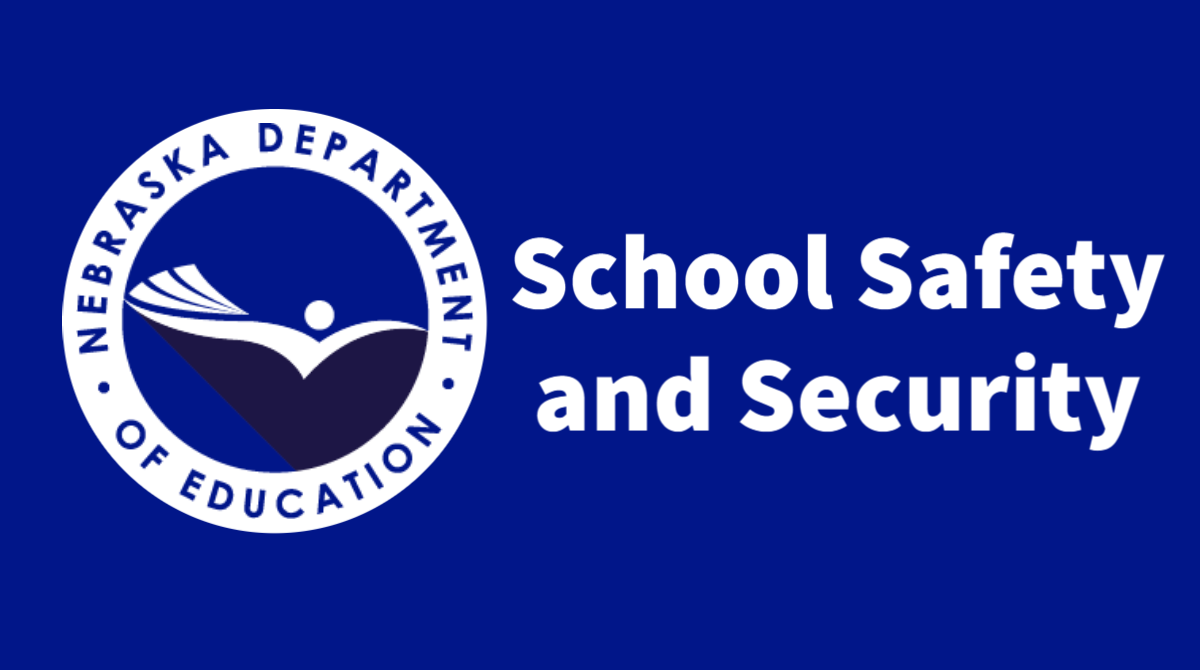
This K-12 school team training will help your school form or enhance the team that will focus on identifying, assessing and managing the risk/threat of violence posed by students, staff, and community members toward the school community.
Schools are encouraged to participate with a team of at least 4 members (e.g., administrators, faculty/staff, security or law enforcement partner, and mental health partner). Teams will leave the workshop with sample protocols to adapt for use in their school environment.
Trainers: Dr. Mario Scalora & Dr. Denise Bulling
Contact: Erin Bussen | ebussen@esucc.org
Training Reimbursement
This reimbursement opportunity is grant funded and intended to support attendance for approved Threat Assessment Trainings. The district can be reimbursed for hotel, sub, mileage, etc. for up to five team members. The Reimbursement Form will only be accepted by the September 9, 2025 Basic Threat Assessment Training.
Dates and Locations
Basic – Threat Assessment
- September 9, 2025
- ESU 3 – 6949 S 110th St, La Vista plus Zoom
- Registration Here
Threat assessment and management evolved from practices used to assess and manage potential risk of violence. This training will help your school form or enhance the team that will focus on identifying, assessing and managing the risk/threat of violence posed by students, staff, and community members toward the school community. The purpose of threat assessment teams is distinct from issues addressed by safety teams, student behavior teams, and crisis response teams, though all these school teams may be implicated in strategies for monitoring and managing potential threats. Objectives include:
Module 1
- List concerning behaviors in K-12 Educational Settings
- Distinguish between targeted and reactive violence
- Demonstrate understanding of the “Pathway to Violence” model
Module 2
- Identify behavioral risk factors for targeted violence
- Evaluate communications for warning signs of targeted violence
Module 3
- Justify levels of concern for targeted violence risk
- List school-based interventions appropriate for low, moderate, and high levels of concern
- Apply the six steps of the threat assessment approach to case examples
Module 4
- Identify multi-disciplinary team members for the school threat assessment team
- Explain the processes needed to formalize the school threat assessment team process
- Describe strategies to facilitate reporting of concerning behaviors
Level 2 – Threat Communication
- October 28, 2025
- Zoom
- Registration Here
- $265/Person Registration Cost
- There is a minimum number of people needed to hold this training.
- If you register for this training, and you need to cancel, you can do so without being charged if you cancel more than a week before the scheduled training date. If you cancel within a week of the training date, you will be charged the full amount.
Prerequisite: Need to have taken Basic Threat Assessment – Level 1 Training
Communication during times of uncertainty and high stakes is different than during regular times. Participants will learn how to craft messages using risk communication strategies in support of behavioral threat assessment and management (BTAM) activities. Objectives include:
- Describe how risk communication is different from regular communication
- Demonstrate construction of a message map using crisis communication principles
- Match communication strategies with threat assessment process
- Manage messaging strategies to increase reporting
Level 3 – Threat Management
- November 18, 2025
- Zoom
- Registration Here
- $265/Person Registration Cost
- There is a minimum number of people needed to hold this training.
- If you register for this training, and you need to cancel, you can do so without being charged if you cancel more than a week before the scheduled training date. If you cancel within a week of the training date, you will be charged the full amount.
Prerequisite: Need to have taken Basic Threat Assessment – Level 1 Training
Participants will explore practical threat management strategies for use in school settings. Different interventions will be discussed that are appropriate for use with students or adults/staff.
Effective interventions are built on good information and feedback that can be difficult to obtain due to privacy or legal barriers. Training will include strategies for addressing these barriers. Objectives include:
- Dealing with assessment challenges
- Assessing emerging issues related to threat assessment (e.g., extremism, social media, mental illness)
- Managing cases over time
- Coordinating management strategies with community resources
